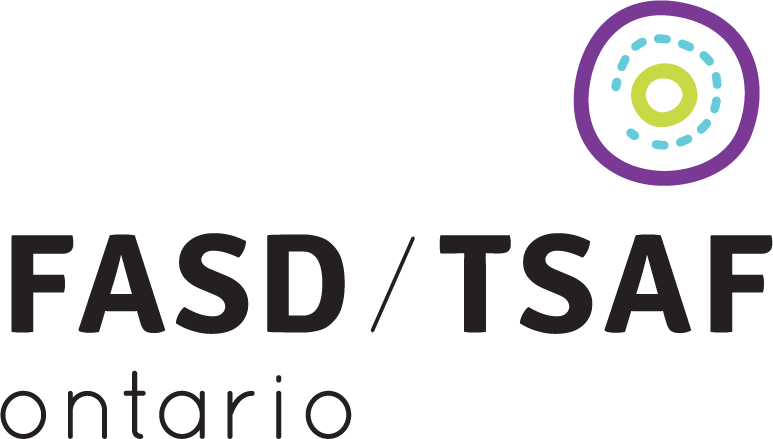Modifiable Lifestyle Factors to Support Neurodevelopment in FASD – FASD Research Conference 2025

Modifiable lifestyle factors such as nutrition, sleep, and exercise are crucial in supporting brain development.This session provides an evidence-based, practical overview of modifiable lifestyle factors to support development in FASD.
Sensory Processing and FASD

Even though families and individuals with FASD often talk about sensory differences, researchers haven’t studied them much, especially across the lifespan. CanFASD wrote an issue paper to summarize what we do know about sensory issues in people with FASD and what still needs more research.
Réunion Island: A Pioneering Model for Fetal Alcohol Protection – An Inspiration for France, Europe, and the World

At the 9th International Conference on Research on Fetal Alcohol Spectrum Disorders (FASD) held in Seattle from March 20-23, 2025, SAF France presented the findings of a 2023 study conducted by OpinionWay. This analysis provides an in-depth overview of awareness levels and alcohol consumption behaviors during pregnancy among parents of children under three, both in mainland France and the overseas territories.
Savvy Siblings: Strengthening the Financial Security of Your Sibling with a Disability

This free, self-paced online course empowers Canadian adults to build financial security for—and with—their siblings with disabilities.
Siblings Canada Learning Hub
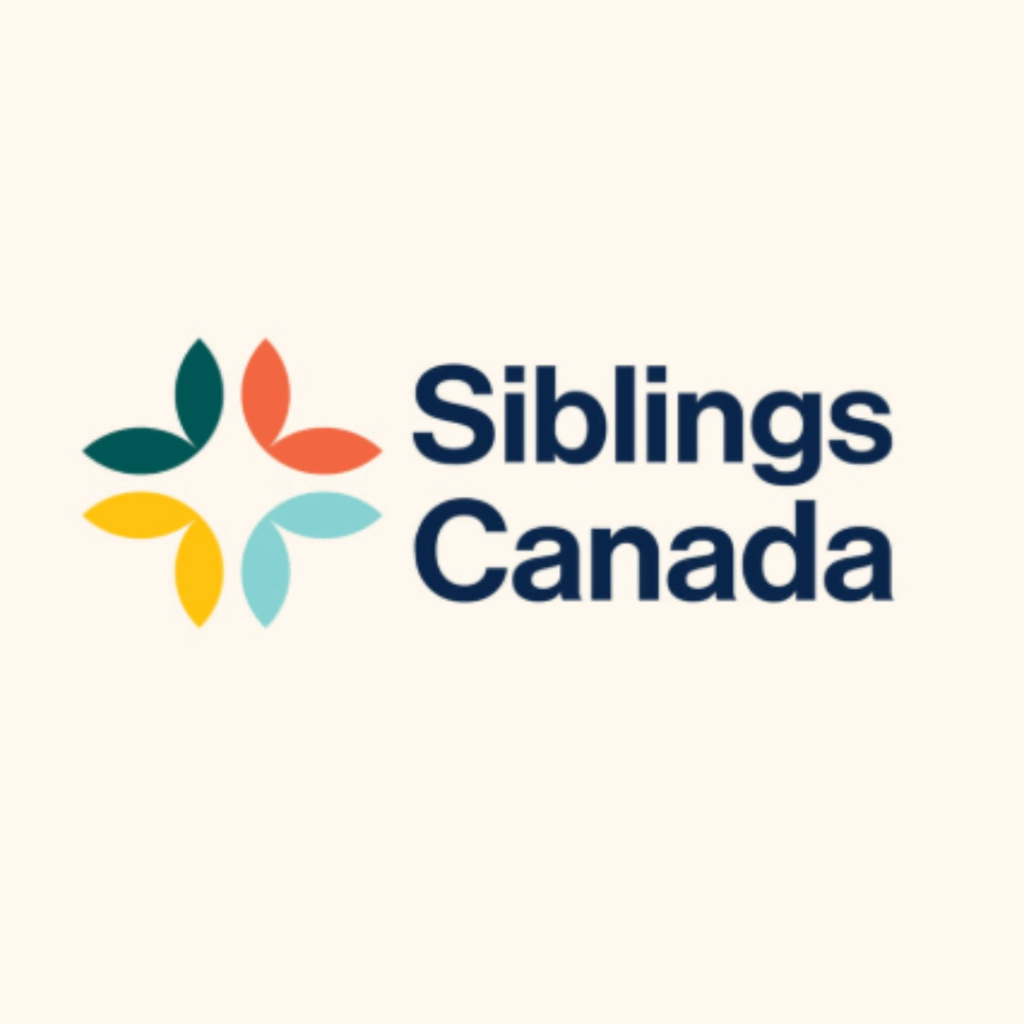
Explore our curated collection of free resources that support siblings of people with disabilities.
Cognitive Accessibility Resources
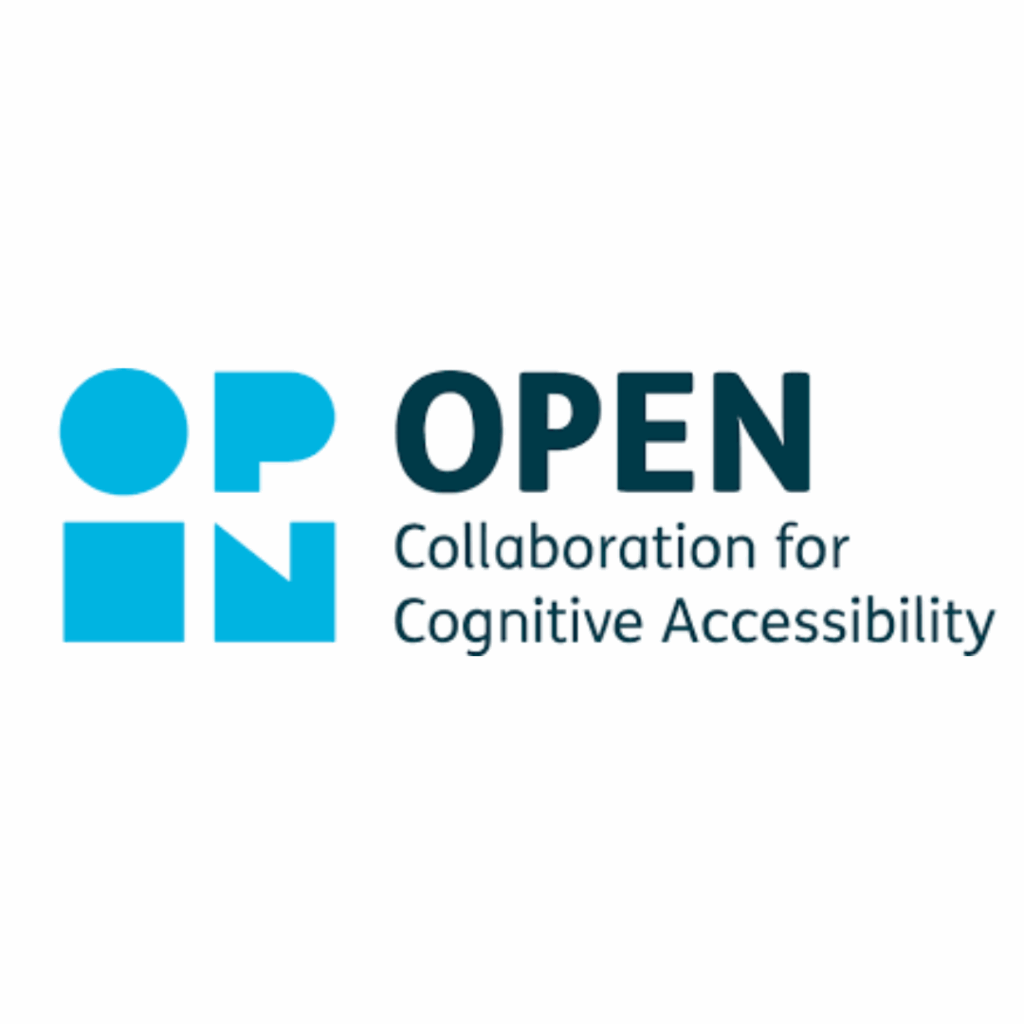
There are between 2.4 million and 5 million adults with cognitive disabilities in Canada, and millions more around the world. Please use these resources to help make your products, services, workplaces and built environments more inclusive of people of all cognitive abilities.
How to Stop or Prevent Financial Abuse: A Guide for Persons With Cognitive Disabilities

This guide will explain what financial abuse is. It will help you prevent financial abuse from happening to you. It will also tell you how to stop being financial abused by someone, or what to do if you have been financially abused. This guide will show you where to watch videos online to learn more about financial abuse.
Resentment & Parenting with Robyn Gobbel

Resentment is a familiar feeling on this unexpected parenting journey. Despite doing the hard, ongoing work of relearning how to understand behavior, parent, and build a family, some days are still filled with frustration. You’re not a bad person. But resentment just feels bad!
From Placenta to Brain: Alcohol’s Impact on Development
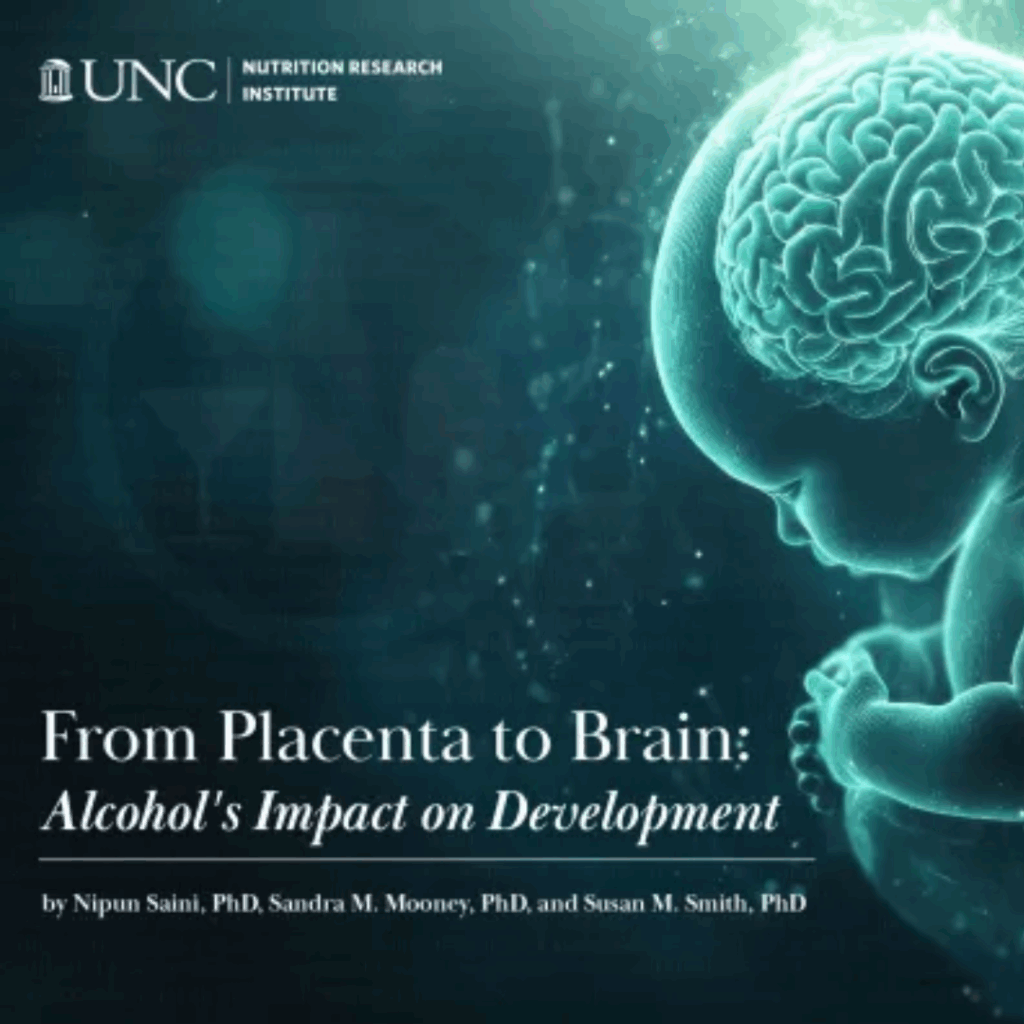
A new study from the UNC Nutrition Research Institute (NRI) looks at how prenatal alcohol exposure (PAE) changes placental metabolism and what that means for fetal brain development.
An updated systematic review of the literature on fetal alcohol spectrum disorder and the criminal legal system

This updated review identified 54 studies (2017–2024) on fetal alcohol spectrum disorder (FASD) and the criminal legal system—more than double the 2018 review. Most research, from Canada and Australia, highlights growing knowledge but ongoing gaps in interventions, outcomes, and socio-cultural factors. Future research priorities are outlined.
Why is FASD diagnosis important?

Issue paper discusses the need for an early and accurate diagnosis for improving outcomes and quality of life of people affected by FASD.
What it takes to support a loved one with FASD
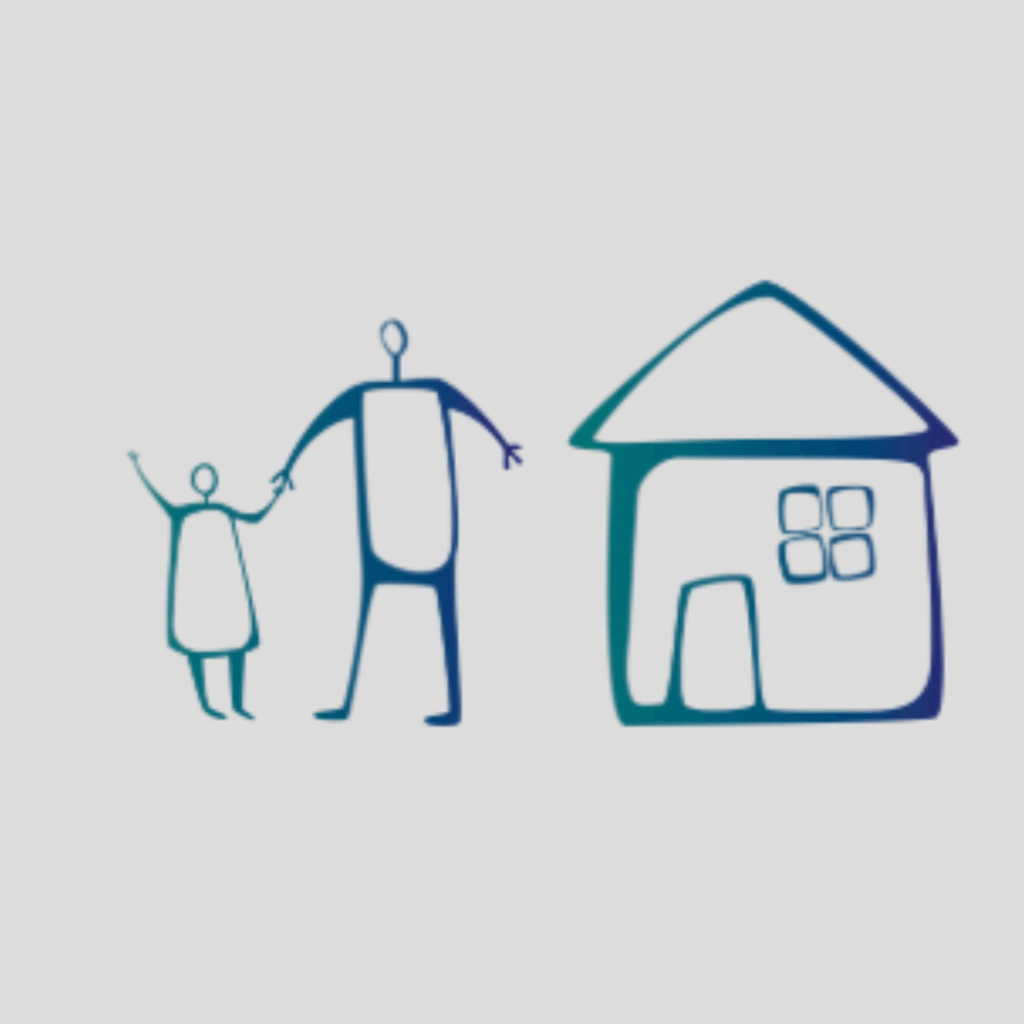
This photovoice project describes the experiences and the challenges faced by those supporting loved ones with FASD. This photovoice project highlights several themes that are consistent with the results of caregiver research and provide a glimpse into the experience of those supporting loved ones with FASD.
